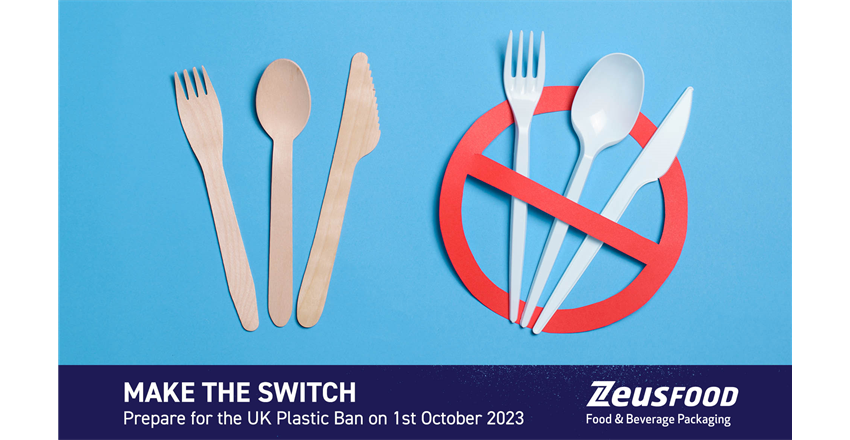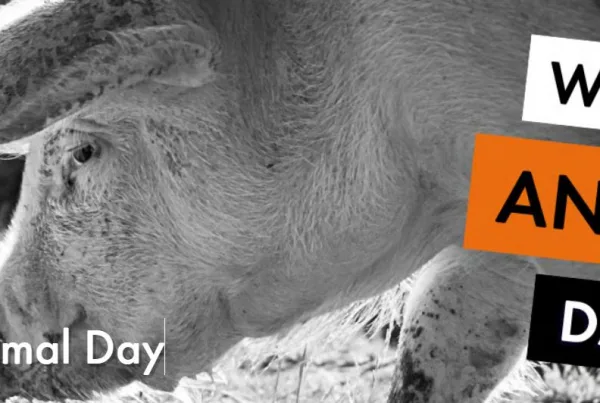The UK Plastic Ban is on the Way
In a pivotal move, the UK’s Environment Secretary, Therese Coffey, recently revealed that the impending ban will encompass an array of single-use plastic items. Items such as disposable plastic cutlery, stirrers, plates, cups, bowls, and trays are set to be removed from circulation. Aiming to halt the harmful impact of plastic waste, the new regulation signifies an opportunity for businesses and individuals alike to adopt sustainable practices. Urging a proactive approach, Coffey emphasised, “A plastic fork can take 200 years to decompose – that is two centuries in landfill or polluting our oceans.”
Once implemented, the ban will also include compostable and recycled plastic alternatives, ushering in a comprehensive change across the industry. Both newly produced and existing stock will fall under the umbrella of this pivotal shift.
A Glimpse into the Numbers
Startling figures released by the Department for Environment, Food & Rural Affairs (Defra) reveal that a staggering 4.25 billion pieces of single-use cutlery are used in England annually. This alarming statistic equates to an average of 37 disposable plastic cutlery items per person. The forthcoming ban promises to drive a reduction in plastic pollution and, as Coffey reiterated, “This new ban will have a huge impact to stop the pollution of billions of pieces of plastic and help to protect the natural environment for future generations.”
The Road to Sustainable Alternatives
In this era of change, exploring sustainable alternatives has become a pressing need. Among the various choices, one alternative stands out – Birchwood single-use cutlery. This innovative solution presents an eco-friendly approach that aligns with the objectives of the impending ban.
Birchwood cutlery holds a unique position as a non-toxic and hypoallergenic option. Crafted with a focus on organic purity, these utensils boast a smooth texture and are devoid of coatings, bleach, or dyes. Each piece of cutlery mirrors the comfort of plastic while exuding the durability of metal counterparts.
The birch tree, known for its relatively shorter lifespan compared to other trees, emerges as an ideal candidate for producing compostable disposable products. Rapid decomposition further enhances its environmental credentials, offering a natural path towards reducing waste.
A Path to a Greener Tomorrow
For those who champion the Earth’s well-being, wooden cutlery emerges as a remarkable alternative that caters to both consumers and businesses. The standout advantage lies in its complete compostability, embodying a truly biodegradable nature.
As the UK’s plastic ban beckons, embracing the transition to wooden cutlery showcases a commitment to sustainable practices. With its eco-conscious essence and remarkable potential to mitigate plastic pollution, wooden cutlery paves the way for a greener, cleaner future.







